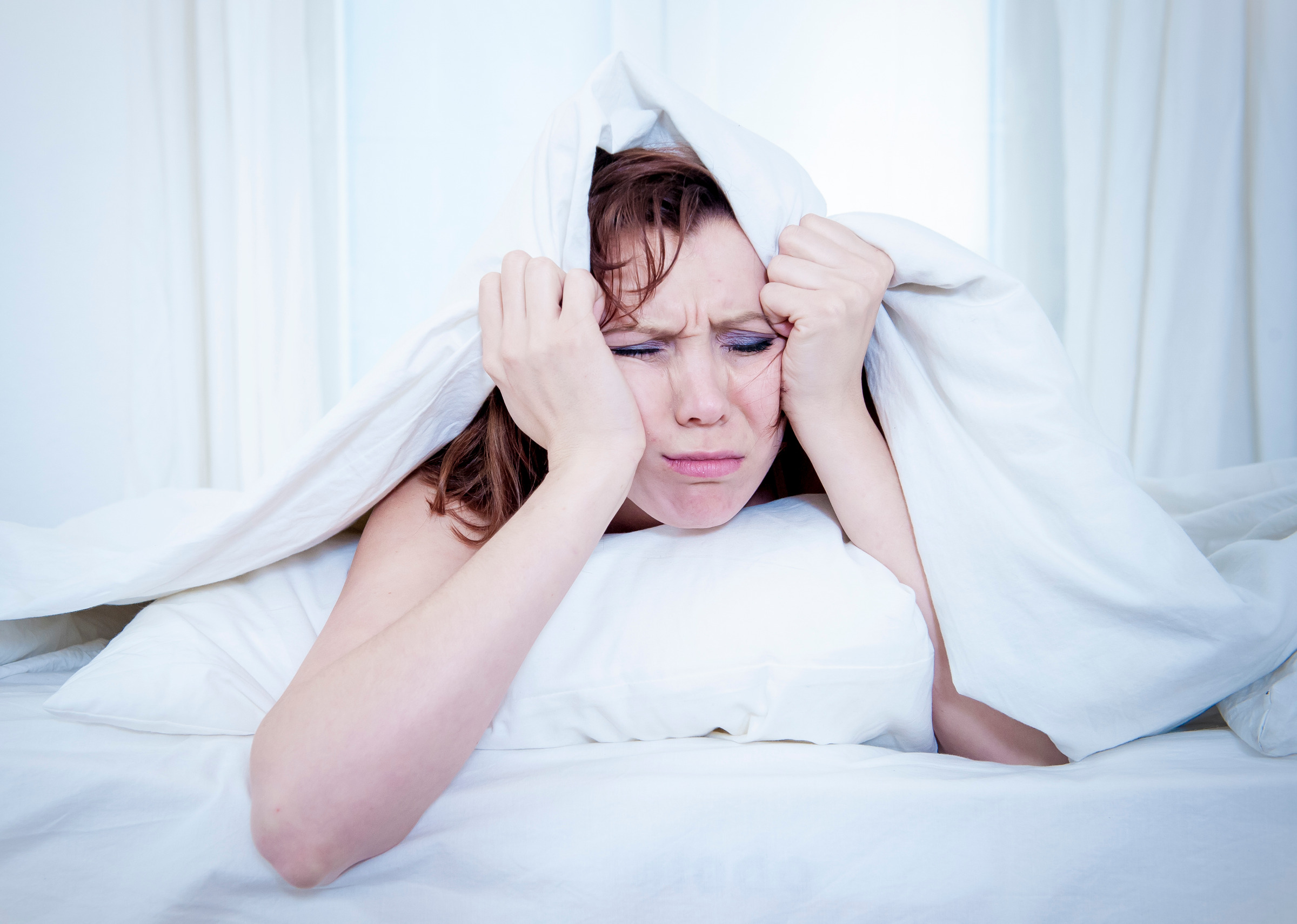Sleeping at night is usually a time of rest for the mind and body, but for some people, it can be a time of frustration because they suffer from insomnia.
What is insomnia?
Insomnia is the word used to describe impaired sleep or sleeplessness. Insomnia is a disorder in which it takes a long time to fall asleep, sleep is disturbed by frequent awakenings, or there is difficulty staying asleep for a full night’s rest. Acute insomnia happens over a short period, while chronic insomnia lasts three months or more.
How do you know if you have insomnia?
Waking once a night, such as to urinate, is fairly normal. Chronic insomnia is defined as having sleep disruption three times a week or more, for at least three months. Importantly, insomnia occurs when someone is not able to sleep, but has the opportunity to sleep. The quantity (length of hours of sleep) or quality (staying asleep and feeling rested) are impaired in insomnia. This may include: taking a long time to fall asleep (impaired sleep initiation), waking frequently or having trouble falling back asleep after waking, or difficulty sleeping a full 7-9 hours (impaired sleep maintenance).
What causes insomnia?
Insomnia can be caused by many factors. Triggers can include lifestyle factors such as caffeine, alcohol or doing stimulating activities right before bed, such as looking at screens or exercising. It can also be caused by having a variable sleep pattern or schedule, as opposed to going to bed and waking up at the same time every day.
Impaired sleep can also be caused by medical illnesses such as diabetes, neurological diseases such as Alzheimer’s and medication side effects.
In some cases, it is caused by a malfunction in the sleep drive center in our brain. For others, insomnia can be caused by physical ailments such as body pain, or restless legs. It can also be caused by hormonal changes, such as pregnancy, menstruation or other hormonal disorders.
For others, and very commonly, insomnia can be caused by stress or by mental health disorders such as anxiety, depression, panic or bipolar disorder. When the neurotransmitters in the brain are not working properly, it can cause a decrease in our brain’s ability to fall or stay asleep. For example, a very common symptom of depression is early morning wakenings: waking up at 3 or 4AM and not being able to easily fall back asleep. Or, some people with anxiety find themselves waking up in the middle of the night with their heart racing and feeling worried. On the other hand, having a disrupted sleep cycle, such as napping during the day, can impair the body’s ability to sleep easily and through the night for a full seven hours.
What are the risks of insomnia?
Insomnia can lead to impaired brain functioning, which can put someone at risk for things such as car accidents, mistakes at work or mood shifts. It can also increase the risk of long-term illnesses.
A large sleep study demonstrated that compared with optimal sleep duration (7-9 h per day), both short (≤ 6 h per day) and long (≥ 10 h per day) sleep duration were significantly associated with heart disease, stroke, and diabetes among adults age 45 y or older.
How do I treat insomnia?
The first step to treating insomnia is to practice good sleep hygiene (or behaviors) to assess if your insomnia resolves with just behavioral changes:
- Try to get on a regular sleep schedule, and give your body the chance to fall asleep and wake up at the same time. You can make this easier by making a ‘Go to bed’ alarm in addition to your wake-up alarm. Target the same 7 to 9 hours of sleep each night, such as 11PM to 6AM nightly.
- Limit behaviors that are stimulating before bed: no caffeine, exercise or watching screens for at least 30 minutes before bedtime. If you must watch screens, consider using the blue light settings, or wearing glasses that block blue light, which can activate the brain. Limit alcohol and evaluate any medications that may be contributing to insomnia.
- If that still doesn’t work, talk to your medical team about your insomnia. You may benefit from a sleep study, which can assess for sleep disorders such as sleep apnea, for which specific treatment options may significantly improve sleep, health and daytime alertness.
- You and your medical team may also want to consider supplements or medications to temporarily help improve your sleep. These may include melatonin, ashwaganda, magnesium or over the counter sleep aids such as doxylamine.
- Finally, you may also want to discuss medications used to assist with sleep such as hydroxyzine, trazodone, gabapentin, zolpidem (ambien), eszipolocline (lunesta), or zaleplon (sonata). Some of these medications can be addictive or tolerant-forming, so it’s recommended to first try all behavioral changes before implementing medication. Additionally, some sleep medications may cause side effects such as daytime groggyness, so these medications are generally best used short-term.
And what about aging- does our sleep change as we age?
Yes! As we age, our bodies get less deep sleep and REM sleep each night. This, and increasing health ailments can cause more disturbed sleep.






